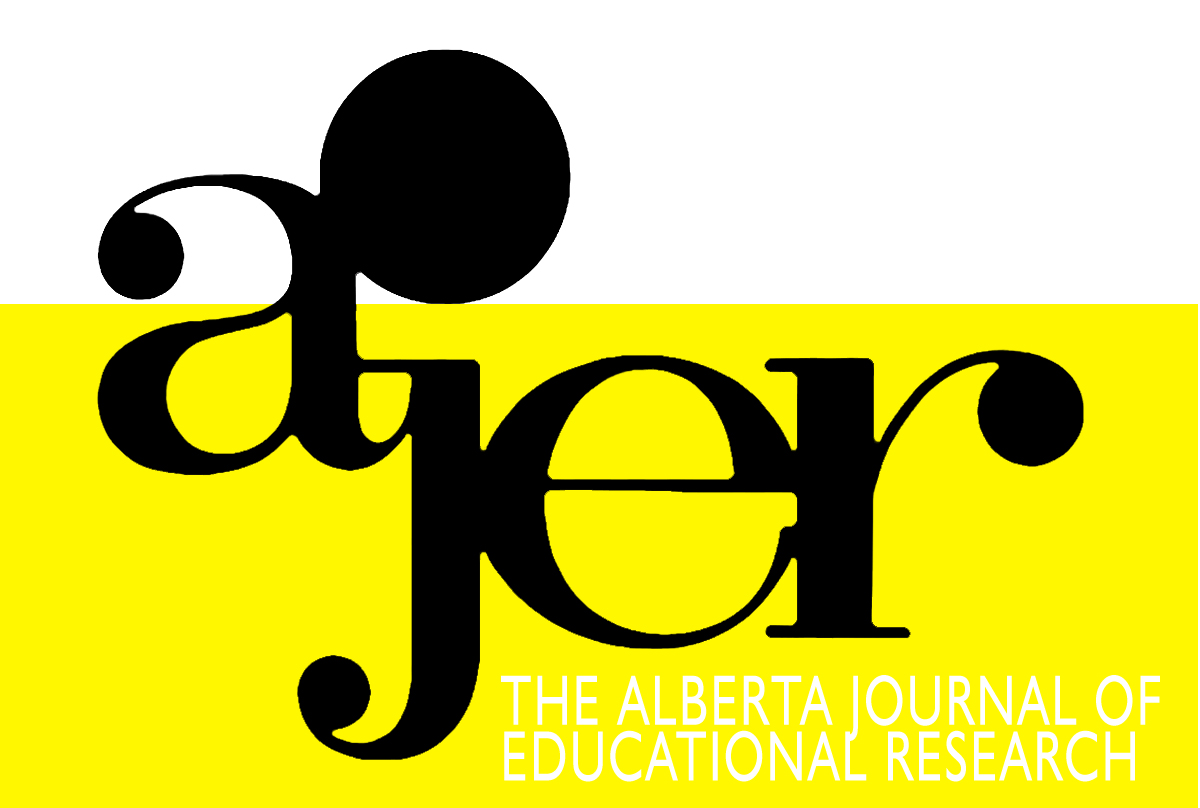Teachers’ Reflective Practice in Lesson Study: A Tool for Improving Instructional Practice
DOI:
https://doi.org/10.55016/ojs/ajer.v61i3.56087Keywords:
Keywords, collaborative teacher community, lesson study, reflective teacher community, professional development, elementary school science, Mots clés, communauté collaborative d’enseignants, étude de cours, communauté réflexive d’enseignants, développemeAbstract
In teacher education, a collection of research has established the importance of reflection in professional development. Lesson study, a popular professional development in Japan, incorporates reflection in one of its stages to enhance teachers’ capacity to look into their enacted practices to improve their research lessons. However, there appear to be few studies determining the types of reflective practice among teachers. In this study, the various stages of lesson study process were documented and transcribed to analyze the teachers’ reflective practices. Qualitative analyses yielded three types of reflective practice exemplified by the teachers, namely: descriptive, analytical, and critical. The study highlighted the collaborative, sustainable, and provisional environment which enabled the teachers to become practitioners who are able to use their reflections to gain understanding of their instructional practices. Findings also indicated that the context of professional development for teachers must be tailored to their direct experiences for them to significantly use the outcomes.
La recherche en formation des enseignants a établi l’importance de la réflexion dans le développement professionnel. L’étude de cours, qui constitue un élément important du développement professionnel au Japon, intègre la réflexion et vise à augmenter la capacité chez les enseignants de se pencher sur leurs pratiques pour améliorer leurs leçons. Toutefois, il semble avoir peu d’études portant sur le type de pratique réflexive qu’entreprennent les enseignants. La documentation et la transcription des différentes étapes du processus de l’étude de cours ont permis d’analyser les pratiques réflexives chez les enseignants. Les analyses qualitatives en ont révélé trois types : descriptives, analytiques et critiques. Cette étude met en évidence le milieu collaboratif, provisoire mais durable, qui a permis aux enseignants de puiser dans leurs réflexions pour mieux comprendre leurs pratiques pédagogiques. Les résultats ont également indiqué que pour que les enseignants profitent de façon significative de leur développement professionnel, le contexte doit être adapté à leurs expériences directes.
Downloads
Published
Issue
Section
License
UNIVERSITY OF ALBERTA COPYRIGHT LICENSE AND PUBLICATION AGREEMENT
If accepted, authors will be asked to sign a copyright agreement with the following points:
A. Where there is any inconsistency between this Copyright License and Publication Agreement and any other document or agreement in relation to the same subject matter, the terms of this Agreement shall govern.
B. This document sets out the rights you are granting in relation to publication of your article, book review, or research note entitled (the “Article”) through inclusion in the academic journal titled Alberta Journal of Educational Research (the “Journal”) published through the Faculty of Education, representing the Governors of the University of Alberta (the “Journal Editor”).
C. There will be no payment to you for this publication and grant of rights. In consideration of the agreement to publish the Article in the Journal:
1. You are warranting that:
- the content of the Article is your original work, and its content does not contain any material infringing the copyright of others; or, where the Article is not entirely your original work, you have obtained all necessary permissions in writing to grant the rights you are giving in this agreement;
- the content of the Article does not contain any material that is defamatory of, or violates the privacy rights of, or discloses the confidential information of, any other person;
- the Article has not been published elsewhere in whole or in part, and you will not allow publication of the Article elsewhere without the consent of the Journal Editor;
- the names of all co-authors and contributors to the Article are:
2. You agree to license the copyright in the Article to the Journal Editor, on a worldwide, perpetual, royalty free basis; and to the extent required by the terms of this agreement. You shall retain the right at all times to be acknowledged as the/an author of the Article.
3. You further agree that the Journal Editor has the entitlement to deal with the Article as the Journal Editor sees fit, and including in the following manner;
- The right to print, publish, market, communicate and distribute the Article and the Journal, in this and any subsequent editions, in all media (including electronic media), in all languages, and in all territories, ing the full term of copyright, and including any form of the Article separated from the Journal, such as in a database, abstract, offprint, translation or otherwise, and to authorize third parties to do so;
- The right to register copyright of the Journal;
- The right to edit the Article, to conform to editorial policy as the Journal Editor sees fit.
4. If any co-author or contributor to the Article does not sign this agreement, the Journal Editor reserves the right to refuse to publish the Article.



